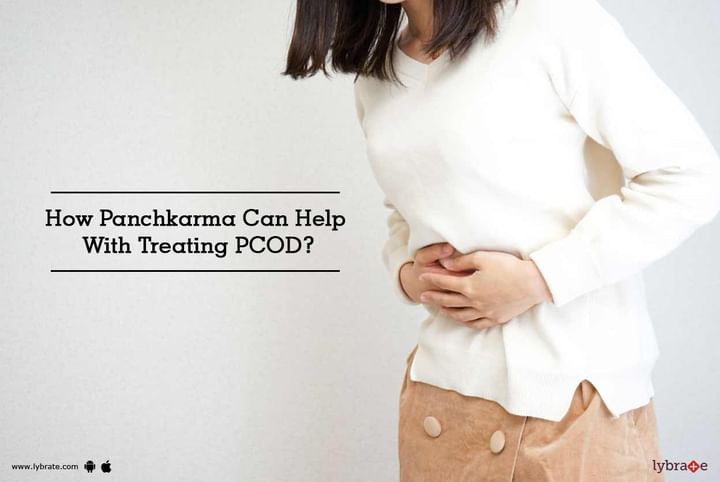How Panchkarma Can Help With Treating PCOD?
Polycystic ovarian disease or PCOD is a disease of the ovary that is characterized by the larger size of the ovary, fluid-filled sacs in the ovary, multiple cysts etc. In this condition, the ovary is covered by a white, tough, and thick outer covering. PCOD can have many implications including hormonal imbalance, menstruation cycle related disorders, insulin production and its usage etc. Ayurveda explains PCOD as a Kapha disorder and aims at clearing the obstruction of Vatadosha of the pelvis, normalize the menstrual cycle and balance metabolism.
Ayurvedic approach in treating PCOD
Ayurveda looks at a holistic approach of treatment wherein the mind and the body are treated as one. The first step towards treating PCOS disorder is to reduce body weight along with lifestyle modification. The next step aims at countering the condition of PCOD with Panchakarma - a century-old treatment mechanism of Ayurveda. Some of the Panchakarma methods used in treating PCOD include Vamana, Vasthi, Virechana, Nasya etc. Before applying the Panchakarma therapy, oral administration of medicated oil is necessary.
The flow of Panchakarma therapy for PCOD
Administration of medicated oil: The oral medicated oil has fat burning capabilities. The medication is prepared using herbal decoction and suitable herbs. The oil clears the fat blockers created due to fat throughout the body.
- Vamana: Suitable herbal medication is prescribed to induce oral vomiting. It ensures that the toxin from inside the body comes out before the medication takes its effect on the source.
- Virechana: This is one of the cleansing methods that is prescribed in Panchakarma therapy. A patient is given herbal purgatives in the form of medicated oil to clear blockages of the Vata Dosha.
- Vasthi: This is the form of Panchakarma therapy that is meant for cleaning the alimentary canal. It has a calming effect on the Vata aggravation. This is the mode of medication where medicated herbal oil is injected through the anus. This procedure in Ayurveda is known as Anuvasana Vasthi. This is followed by another round of oil medication that has a mixture of herbal decoction, medicated oil, herbal paste, rock salt etc. This procedure is known as Nirooha Vasthi.
- Uthara Vasthi: This procedure is very different from normal Vasthi in terms of its administration, ingredients, and quantity. This medication is applied to the uterus through the vagina. This is one of the best therapy when it comes to treating the polycystic ovarian syndrome.
- Nasya: Once all the above medication is administered, Nasya is applied to both the nostrils. This is the last stage of Panchakarma medication and is extremely important to treat the underlying condition. This is given in a specific dosage for a certain duration. The fact that it directly involves the pituitary gland, makes this medication even more useful.
In case you have a concern or query you can always consult an expert & get answers to your questions!



+1.svg)
